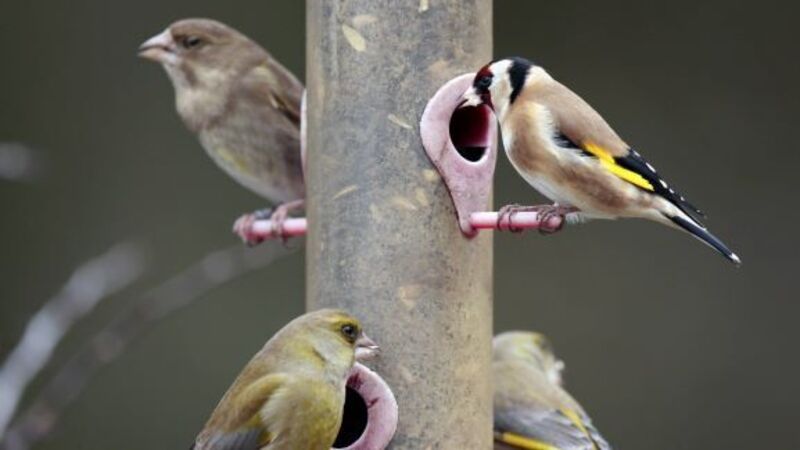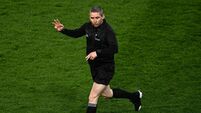Bird brain? Far from it, read on

They need extra body fat, heating fuel, to get them through the long cold winter nights. A bird may increase its weight by 10% during the day, burn off the extra fat in the hours of darkness and be back to normal weight by morning. Finding enough food for such an enterprise is challenging. Berries, fruit and nuts are disappearing fast. Frozen cold ground is hard and impenetrable; rooting for worms and creepy-crawlies is a labour-intensive business. A snowfall can hide what little food there is, open water may freeze and birds may die of thirst. There are few daylight hours in which to find it.
Predation risk and the cost of being fat, by Gosler, Greenwood and Perrins, appeared in Nature in 1995. It claimed the weights of great tits in Britain increased significantly during the period when birds of prey had been wiped out by pesticides. With no predators to target them, birds could afford to become fat and sluggish. When the pesticides were banned, the predatory birds returned and the great tits became lighter again. Fat ones had become ‘sitting ducks’ for sparrowhawks. They had to slim down and make themselves manoeuvrable to survive.














